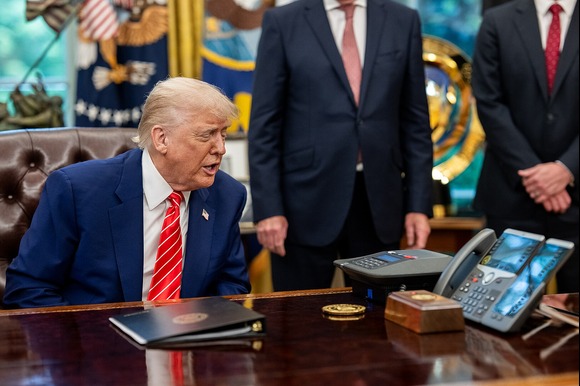
Clouds of fascism looming over India
Mahua Moitra sent ripples across the waters of Indian politics, when she made a strong case for dissent and candidly lambasted Modi-led Bharatiya Janata Party’s (BJP) government. The Trinamool Congress legislator, has earned plaudits for her fiery maiden speech in the Lok Sabha – the lower house of India’s bicameral Parliament – in which she mentioned prevalent signs highlighting that India is moving towards fascism. The first-timer Member of Parliament from Krishnanagar, West Bengal, during a discussion session on June 25, 2019, remarked, “Only if you would open your eyes, you would see that there are signs everywhere, that this country is being torn apart.”
Hindutva philosophy –
the Hindu fundamentalism is not a new spectacle. It has taken various forms within India’s socio-political structure. Such beliefs define the state as a land of Hindus, with all other communities as outsiders having no right to enjoy citizenship. Under this framework, Hindus are the only indigenous people of India and form a solitary national group.
Bharatiya Janata Party (BJP)
The extremist Hindu narrative had something of a rebirth in 1980, when the Bharatiya Janata Party (BJP) was launched as a political face of the Rashtriya Swayamsevak Sangh (RSS). Since then, the BJP, along with extremist outfits, spearheaded a hyperactive communal campaign against minorities. Anti-Pakistan and anti-minority propaganda were their main tools to strengthen both the BJP’s image and vote bank.
In recent years, Hindutva ideology in a sense, reincarnated more aggressively, in the shape of Modi’s regime. However, Modi’s second time in power has compelled many to worry about India’s future of democracy, and people like Moitra are now standing up against the distortions being done to the social fabric of the Indian society.
Seven Key Developments
Moitra’s blunt and brave remarks, somehow showed a silver lining in the otherwise dark clouds surrounding Indian parliament. She outlined seven key developments that are pulling her country down to the path of self-destruction.
First, there is a powerful and continuing nationalism that is searing into the Indian national fabric. It is superficial, it is xenophobic, and it is narrow. It is a lust to divide; not a desire to unite. People who have lived in India for more than 50 years are compelled to show a piece of paper to prove their Indian identity. It is pertinent to note that, India is a diverse country from many aspects; there can be no one slogan that can demonstrate Indian patriotism.
Second, there is a resounding disdain for human rights that is permeating every level of the Indian government. The lynching of citizens in broad daylight is being condoned, from Pehlu Khan in Rajasthan last year in 2018, to Ansari in Jharkhand recently. The list is not stopping.
Third, there is an unimaginable subjugation and controlling of mass media today. TV channels spend most of their air time broadcasting propaganda stuff for the ruling party. Every lie that you put out, you repeat and repeat till it becomes the truth. This is the devil’s doctrine.
Fourth, there is fear pervading everywhere. New enemies are being created every day.
Fifth, religion and government are now intertwined in India. What it means to be an Indian citizen is being redefined.
Sixth, there is a complete disdain for intellectuals and the arts. There is a suppression of all dissent. Funding is being cut for liberal education. Everything we are doing is pushing India back to the dark ages. Secondary school textbooks are being manipulated and distorted in order to indoctrinate.
Seventh, there is an erosion of independence in our electoral system.
Moreover, ever since India’s liberation, successive Indian governments have made passionate efforts to project their country as a progressive secular state upholding equal rights for all religious minorities. Though, the fact remains that India, time and again proved to be a closed society, where the concentration of deep-rooted Hindu fanaticism has ebbed and peaked over time.
In a crux, the era of increasing interdependence demands weeding out parochial thinking and embracing an attitude of acceptance with regards to the many differences that together compose a country. India should not go down on a path that leads nowhere, but self-destruction.



